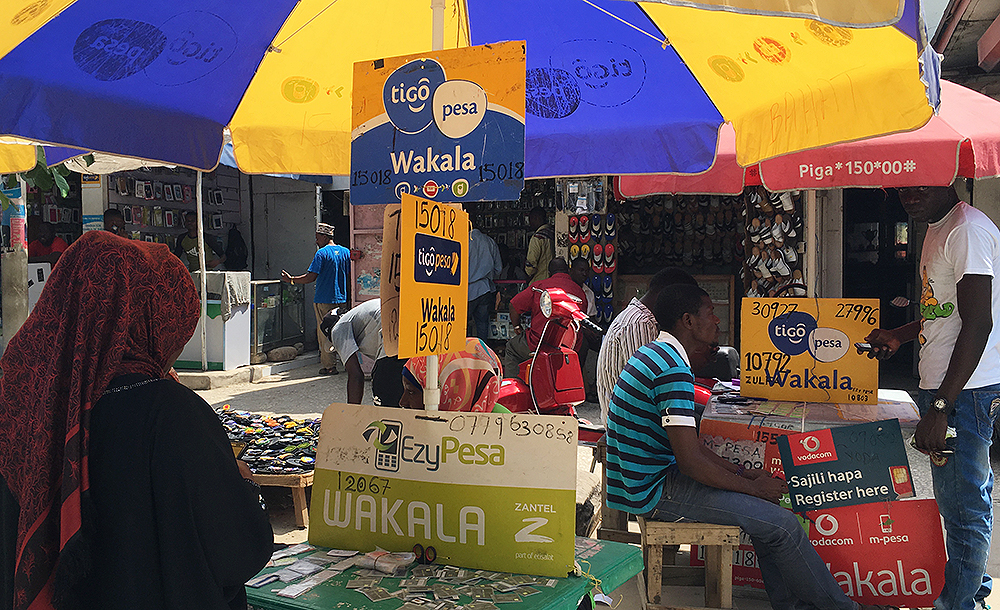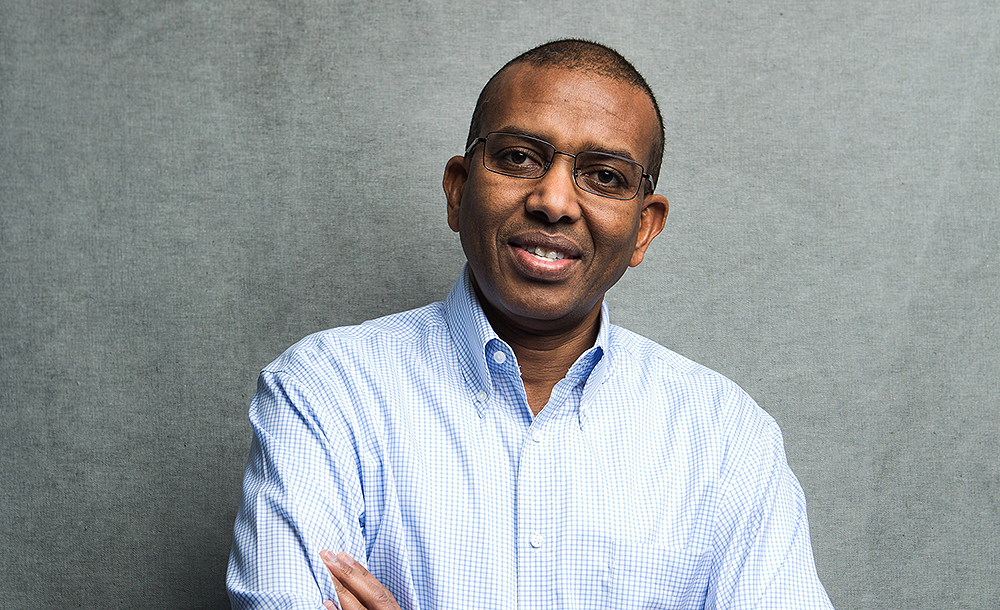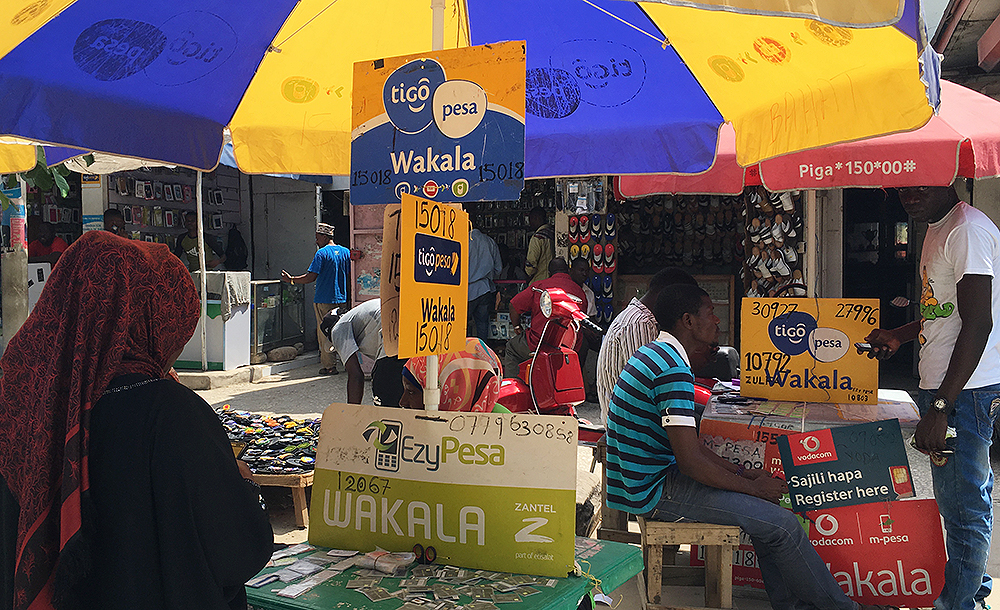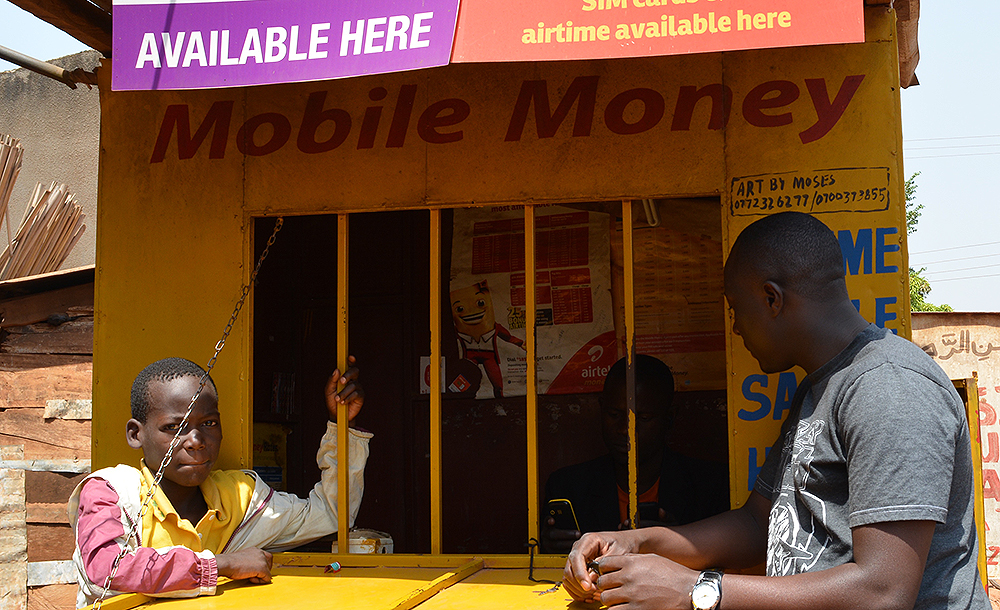WorldRemit, an online remittance provider, is calling for urgent restoration of money transfers to Nigeria as new rules leave virtually all money transfer operators MTOs, unable to provide services to the West African country. Only three companies – Western Union, MoneyGram and Ria, will be able to continue operations, following an extreme and unexpected move by the Central Bank of Nigeria. WorldRemit, in common with all other international MTOs, has been instructed by its local correspondents that transfers to Nigeria will no longer be processed and is, accordingly, suspending services immediately.
WorldRemit founder and CEO, Ismail Ahmed stated:
“This move is arbitrary, inexplicable and hugely detrimental to the Nigerian diaspora who rely on hundreds of money transfer companies and banks, providing them with choice, convenience and competitive pricing. Even now, as we suspend our service, there is no clarity on why this sudden change has happened. If it is on the basis of new rules, there was no warning. If it is a re-interpretation of old rules, local correspondent networks and banks should have been forewarned. This reverses the progress made by the country when the Nigeria Central Bank banned Western Union’s exclusivity agreements that had created a near-monopolistic position in the international money transfer market.
“Western Union controlled 78% of the market share when CBN outlawed exclusivity agreements with local banks. It looks like all systems in Nigeria are currently geared against encouraging new entrants and competition in the mobile remittance markets. That is worrying in the extreme.”
The guidelines specify that any company offering mobile money transfers must have minimum net assets of $1 billion and have been operating for more than 10 years. Until now, money transfer operators such as WorldRemit operated via partnerships with licensed local correspondents in Nigeria, enabling transfer of funds to local bank accounts – providing a more efficient service than the SWIFT infrastructure.
WorldRemit has also raised concerns about a 2015 memorandum from the Central Bank of Nigeria, setting out minimum requirements for companies offering international Mobile Money transfer services to Nigeria. The guidelines specify that any company offering Mobile Money transfers must have minimum net assets of $1 billion and have been operating for more than 10 years.
WorldRemit sends more than 40,000 money transfers to Nigeria every month. Nigeria received more than $20bn in remittances annual from migrants around the world.
In similar fashion, Xpress Money, a money transfer brand, has called for a liberalisation of remittance markets towards an open structure to create economic efficiencies and equality in Nigeria. The international money transfer brand is disappointed by the recent developments within the money transfer industry in Nigeria.
The dismay comes from that fact that Nigeria was once a monopolistic country from a remittance perspective that broke away from the shackles of exclusivity to embark on the path of growth and development. This commendable step taken by the authorities saw Nigeria increase its inward remittances by over 12% from around $18 billion in 2009 to over $20.5 billion in 2015 World Bank figures. Nigeria today enjoys the status of being the fifth largest remittance receiving country in the world that had managed to successfully convert informal channels of remittances to formal channels, owing to the open policy.
Sudhesh Giriyan, COO of Xpress Money, stated:
“Nigeria was a good example of how an open market worked favorably not only for the customers but the economy at large. The cost of remittances to Sub-Saharan Africa today stands at 9.72%, down from 12% in 2009, a clear indication of a successful implementation of non-exclusive frameworks in various countries. This overnight decision in Nigeria to restrict money transfer services to less than a handful of brands is likely to have significant negative impact.”
“Customers will be deprived of choice as the industry will be limited to just a few money transfer brands. Taking advantage of their position, these brands could soon boost their cost of remittances, neglecting the benefit and convenience of customers. Customers may then have to resort to illegal channels of money transfer to avoid digging a huge hole in their pockets to send money to their families and friends in Nigeria. This could adversely affect the economy of the country as money entering the country through illegal channels cannot be accounted for.”
Xpress Money is a global money transfer brand with a thriving presence in more than 160 countries across all continents through 180,000 agent locations.
Meanwhile WorldRemit announced that Kenyans living abroad recently crossed the one million money transfer milestone. Mobile Money has played a key role in the popularity of WorldRemit money transfers to Kenya, as Kenyans discover the speed and convenience of sending remittances direct to mobile phones. WorldRemit now sends more than 50,000 transfers to Kenya every month, with over 90% going to Mobile Money accounts such as M-Pesa and Airtel Money. Customers can also send transfers direct to bank account, for cash pick up from KCB Bank Kenya and Upesi Money Transfer branches, or as mobile airtime top up.
Around three million Kenyans live abroad with large communities in countries such as the United Kingdom, United States and Canada. The contribution of the diaspora, including remittances, is recognised as a critical component in the growth of the Kenyan economy and achieving Vision 2030. Inward remittances reached a record value of $147 million in May 2016, according to the Central Bank of Kenya, making it one of Kenya’s top earners.
Alix Murphy, Senior Mobile Analyst at WorldRemit, comments: “Kenya is renowned for leading the world in Mobile Money and we are now seeing Kenyans at the forefront of adoption of Mobile Money remittances. The vast majority of our Kenyan customers choose to receive remittances on their M-Pesa or Airtel Money accounts instead of collecting cash. It is convenient, secure and means no more travelling to money transfer agents.”





